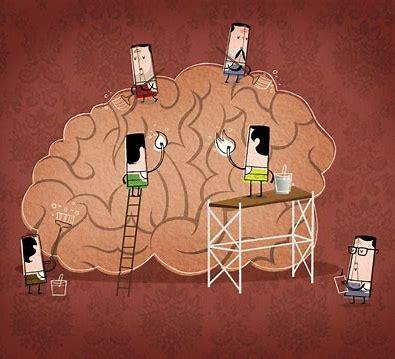By: Alejandra Malaga Walters, Francis College of Engineering Well-being Leader
Do you ever feel so angry that you can’t control yourself? Anger is a completely normal human emotion. But when it gets out of control and turns destructive, it can lead to problems—personal problems, problems at work, personal relationships, and overall quality of life.
Anger can be caused by both external and internal events. You could be angry at a specific person (such as a coworker or supervisor) or event (traffic, a canceled flight), or your anger could be caused by worrying about your personal problems.
People handle their anger in different ways, depending on the intensity of angry feelings. If you find yourself acting in ways that seem out of control and frightening, you might need help finding better ways to deal with this emotion.
There are three most common processes to deal with angry feelings: expressing, suppressing, and calming. Expressing your angry feelings in an assertive—not aggressive—way is the healthiest way to express anger. To do this, you have to learn how to make clear what you need, and how to tell people around you without hurting them. Being assertive means being respectful of yourself and others.
A great way to express your feelings in an assertive way is by changing the way you think. Angry people tend to curse, swear, or speak in terms that reflect their inner thoughts. When you’re angry, your thinking can get very exaggerated and overly dramatic. Try replacing these thoughts with more rational ones, and then, if you can, try to look for a solution to fix the problem. For instance, instead of telling yourself, “Oh, it’s awful, it’s terrible, everything’s ruined,” tell yourself, “It’s frustrating, and it’s understandable that I’m upset about it, but it’s not the end of the world and getting angry is not going to fix it anyhow.” Remind yourself that getting angry is not going to fix anything, that it won’t make you feel better, and it may actually make you feel worse.
Anger can be suppressed too. This happens when you hold in your anger, stop thinking about it, and focus on something positive. The aim is to inhibit or suppress your anger and convert it into more constructive behavior. However, in order to use this technique, you need to release your anger by expressing it in an assertive way when you are calmer because if you don’t express it, your anger can turn inward on you.
Finally, you can calm down inside. This means not just controlling your outward behavior, but also controlling your internal responses. Simple relaxation tools, such as deep breathing and relaxing imagery, can help calm down angry feelings. Also, take steps to lower your heart rate, calm yourself down, and let the feelings subside. Sometimes it’s better to accept what happened and not pay any more attention to it. People who can remain calm inside don’t let small things ruin their day and their mood.
Feeling anger is completely normal, but it’s important to find healthy ways to express it. Knowing how to express anger in appropriate ways can help you manage your emotions and reach your goals.






